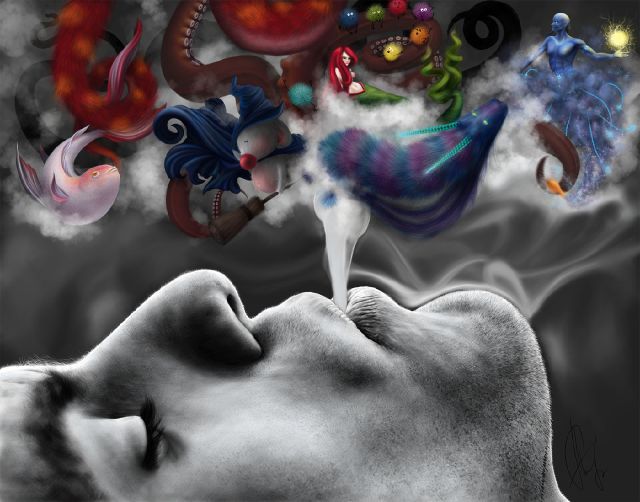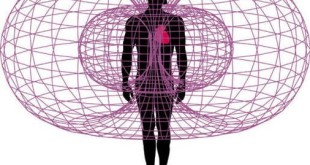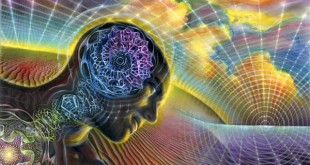Everybody is victim to addiction in one way or another. The word originates itself from the term used in ancient Roman for ‘enslaved by’ or ‘bound to’. Addiction is the habitual psychological or physiologic dependence on a substance or practice that is beyond voluntary control. This behavioral becomes serious and interferes with day to day life. Addicts, many a times, are unaware that their behavior is out of control and causing problems for themselves and others. Addiction is a combination of various factors and will vary according to the type of addiction, although one common trait is a lack of self-control.
A person starts getting addicted when he/she starts prioritizing a certain substance or habit more than it should be prioritized; obsession is the initial stage of addiction. This obsession is developed as the certain object over-stimulates the reward system by increasing the dopamine many more times than on the normal level. Now, the brain starts reacting defensively to the overstimulation and develops tolerance, it leads to physical changes of brain cells in the Reward System. This changes the neurons, but also their function, changing the way the brain operates and how addicts think.
The Reward System isn’t only about feeling pleasure. It’s also centrally involved in learning from rewarding experiences by remembering them in order to repeat them.
This obsession is later turned into an irresistible urge and repetitive intake of that substance. The addict will build a fortress around themselves formed on the basis of illogical justifications. The addict will become immune to any adverse effects that can tarnish his reality.
The addict requires larger and more regular amounts of dose in comparison to whatever was taken initially, of whatever they are addicted to in order to receive the same effect they experienced when they had in the beginning. Often, the initial reward is no longer felt, and the addiction continues because withdrawal is so unpleasant.
Cognitive behavioral therapy, family counseling, and other such therapies are helpful in recovery.
You’ll come across several different explanations, or models, of addiction. The Bio-Psych-Social-Spiritual (BPSS) Model of addiction recognizes these different aspects of addiction are inter-related.
(Read more about BPSS: http://www.amhc.org/1408-addictions/article/48341-the-many-causes-of-addiction-and-bio-psych-social-spiritual-model)
Image Sources: [1]
Further Tripping…
Treatment: http://www.webmd.com/mental-health/addiction/counseling-and-addiction-how-therapy-can-help
Helping an addict: http://www.healthline.com/health/addiction/helping-an-addict#LetGo5
Facts: http://brainz.org/10-surprising-facts-about-addiction/
Causes for drug addiction: http://thejenniferact.com/2011/05/12/reasons-why-people-use-drugs/
Co-morbidity: http://www.amhc.org/1408-addictions/article/48345-psychological-causes-of-addiction
Understanding different types of addiction: http://srmbc.org/?category_name=different-types-of-addiction
 The Holy Connection An Alternative Exploration of Existence
The Holy Connection An Alternative Exploration of Existence




